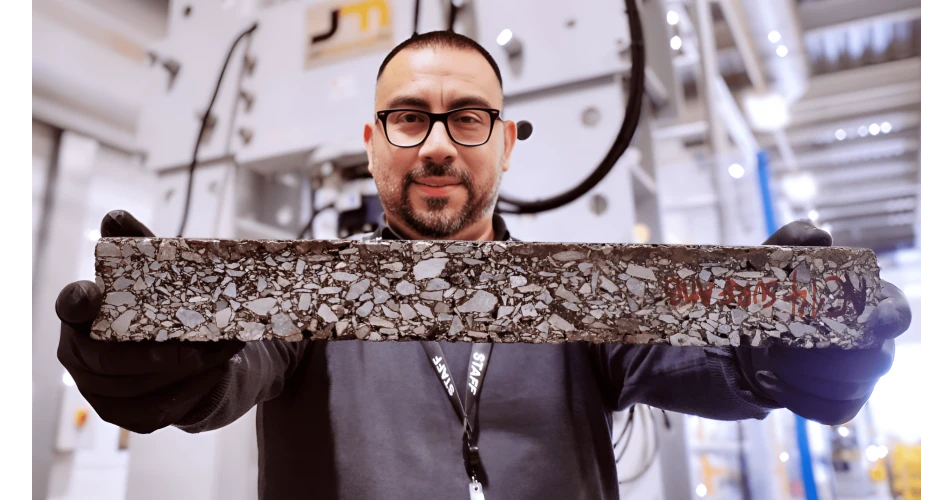Potholes are big news at the moment and when people talk about the scourge of our roads, it is never good news. However, does a new development from two UK universities put some light at the bumpy tunnel?
Self-healing roads, made from biomass waste and designed using AI, may sound too good to be true, but they might just be the answer to the multimillion euro headache.
An interdisciplinary team of scientists from King’s College London and Swansea University, in collaboration with scientists in Chile, is designing a new type of self-healing tarmac that can mend its own cracks over time, without requiring any maintenance or human intervention.
Cracks occur when bitumen hardens through oxidisation, but the exact processes behind this are unknown. The team found a way to reverse the cracking and develop methods to "stitch" asphalt back together, building more durable and sustainable roads.
During the research, AI machine learning was used to study organic molecules in complex fluids like bitumen. The team developed a new data-driven model to accelerate atomistic simulations, advancing research into bitumen oxidation and crack formation.
To make the asphalt ‘self-healing’, the team incorporated tiny porous materials known as ‘spores’. These are smaller than a strand of hair and made from plants. The spores are filled with recycled oils, which are released when the asphalt begins to fracture. This reverses the cracking process. Scientists are increasingly using recycled materials in asphalt to reduce the use of fossil fuels and make roads more sustainable. In laboratory experiments, this advanced asphalt material was shown to completely heal a “microcrack” on its surface in less than an hour.
Dr Francisco Martin-Martinez, an expert in Computational Chemistry at King’s College London, said, “In our research, we want to mimic the healing properties observed in nature. For example, when a tree or animal is cut, their wounds naturally heal over time, using their own biology. Creating asphalt that can heal itself will increase the durability of roads and reduce the need for people to fill in potholes. We are also using sustainable materials in our new asphalt, including biomass waste. This will reduce our dependence on petroleum and natural resources.”
The project is still the development stage, but the innovation has enormous potential to improve infrastructure and advance sustainability around the world.
